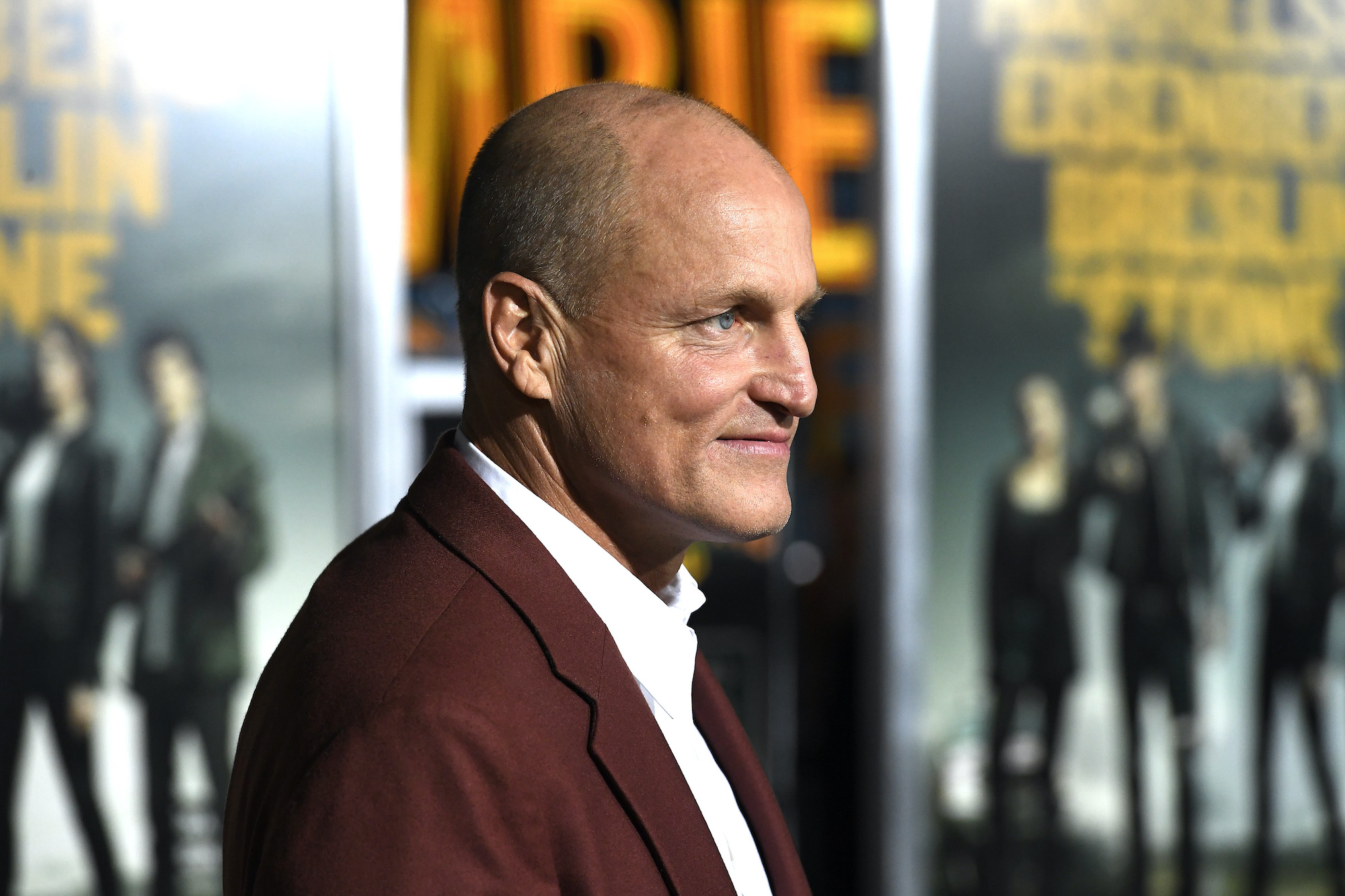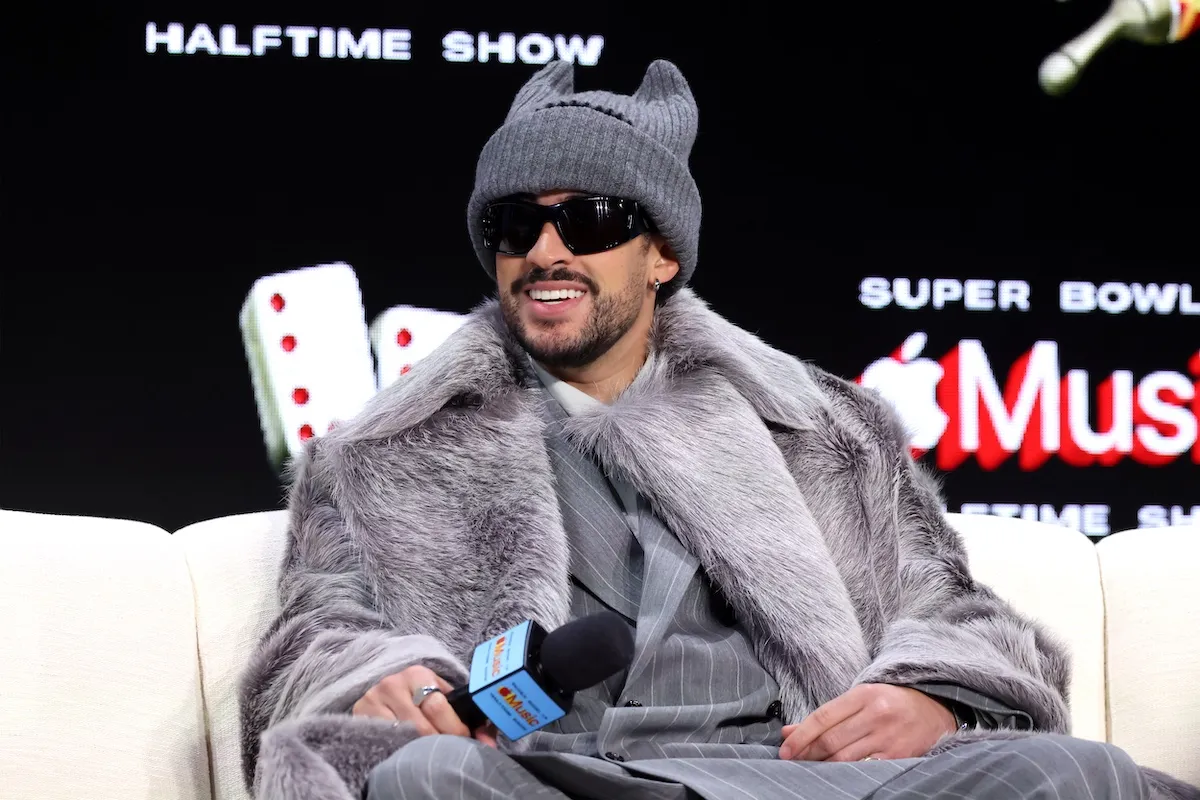When Did Woody Harrelson First Appear on ‘Cheers’?
Woody Harrelson’s movie and TV show career has been filled with so many iconic twists and turns that it’s hard to pin down what his most significant role is.
Before the Oscar nominations and star-making turns on the big screen, Harrelson made his way into the cultural lexicon at a friendly neighborhood bar. When the fictional Woody Boyd entered Cheers in season four, he had big shoes to fill after the death of one of its most popular characters and actors.
Coach and Cheers
For the first three years of Cheers, Coach was on the sidelines as a good-hearted but naive older man who was often clueless when it came to obvious jokes and topics of discussion. Played by the late Nick Colasanto, Coach was Sam Malone’s old baseball mentor. When Malone’s career didn’t go the way he wanted, however, Coach came with him as he opened the neighborhood bar.
While Coach was older than the other patrons, everybody loved him. Yes, he may have been clueless after getting hit in the head by one too many baseballs, but Coach was still a lovable character who occasionally had some elderly wisdom to share with the rest of the patrons. According to Biography.com, Colasanto died three years into the series’ run, and as such, they had to address it in the fictional universe of the show.
Coach wasn’t just a fictional creation, however. Colasanto put many of his own experiences as a recovering alcoholic to infuse the role with a little bit of humanity. Coach was killed off-screen without explanation, but his memory lived on throughout the series’ remaining days. While the emotional attachment to the character was necessary, there was also a functional role that producers had to fill.
Replacing Coach

When Colasanto died, it tore the cast apart. Not only was the character beloved, but the actor behind him was as well. On top of this, the show’s writers and producers had to fill a similar role with a brand new character. Writer and producer Ken Levine spoke about the process with The Hollywood Reporter.
“When Nick died, they wanted the new character to be similar because of the role Coach played,” Levine explained. “Having such a ‘dumb’ character (from too many head concussions in baseball) allows you to get exposition out. When you explained things to Coach, you were really explaining it to the audience.”
According to fellow writer and producer Peter Casey, they didn’t know what to do. They didn’t want to recast out of respect for the late actor, but how to fill the role without making it seem like a parody took a lot of work. However, when an unknown Harrelson walked through the door with his own unique style, they knew they had their replacement.
“This guy walks in wearing basketball shorts, a T-shirt and unlaced high-tops,” Casey said of his first impression. “He looked like he could be trouble if you crossed him. And then he read and caught everyone’s attention in that room by doing one thing that nobody else did. When Sam told him that Coach died, he teared up and started to cry. You’re sitting there going, ‘This is a comedy audition,’ but then he does that and it’s like, ‘Whoa, he can really act.'”
Harrelson shined, and Cheers’ longevity is a testament to what he did as Sam’s new assistant bartender, the aptly named Woody Boyd. For the rest of the series, Woody grew into a three-dimensional straight man who propelled the A-List actor.
Woody Boyd creates a mega-star
According to his Fandom page, Boyd was a former member of Coach’s team, and the emotional weight that his connection bore was integral to the series moving forward.
From his first appearance in the premiere episode of season four until the end, audiences loved the new take on the Coach archetype. Yes, Boyd had a similar penchant for naivety and downright stupidity, but he also showed another former athlete’s humanity looking for his next chapter.
Boyd was there from season four until the series finale. For seven years, he poured drinks, became the butt of jokes, and helped the others when they needed it most. While Coach was never going to be an easy role to fill, Boyd helped ease the pain of the real-life death while maintaining the charming humor that made the sitcom a massive success for over a decade.


